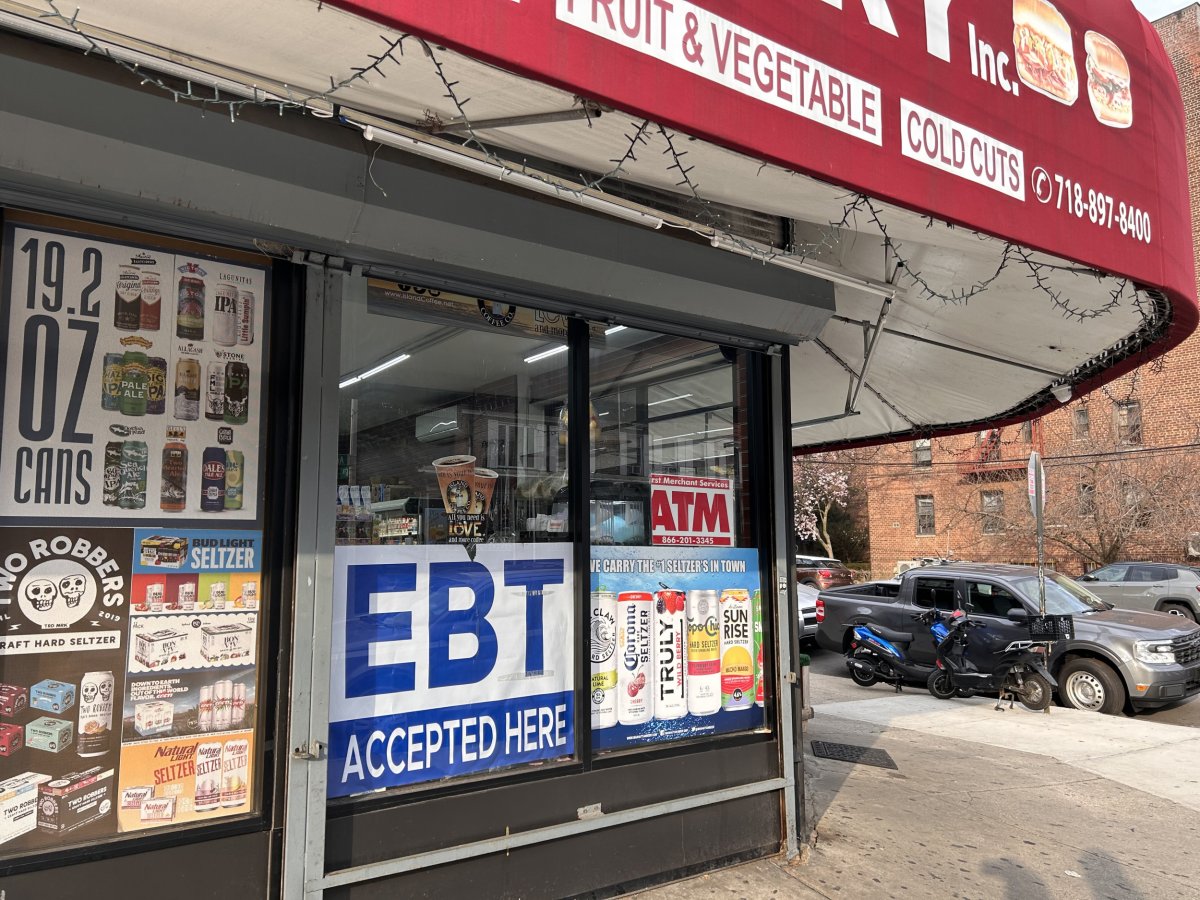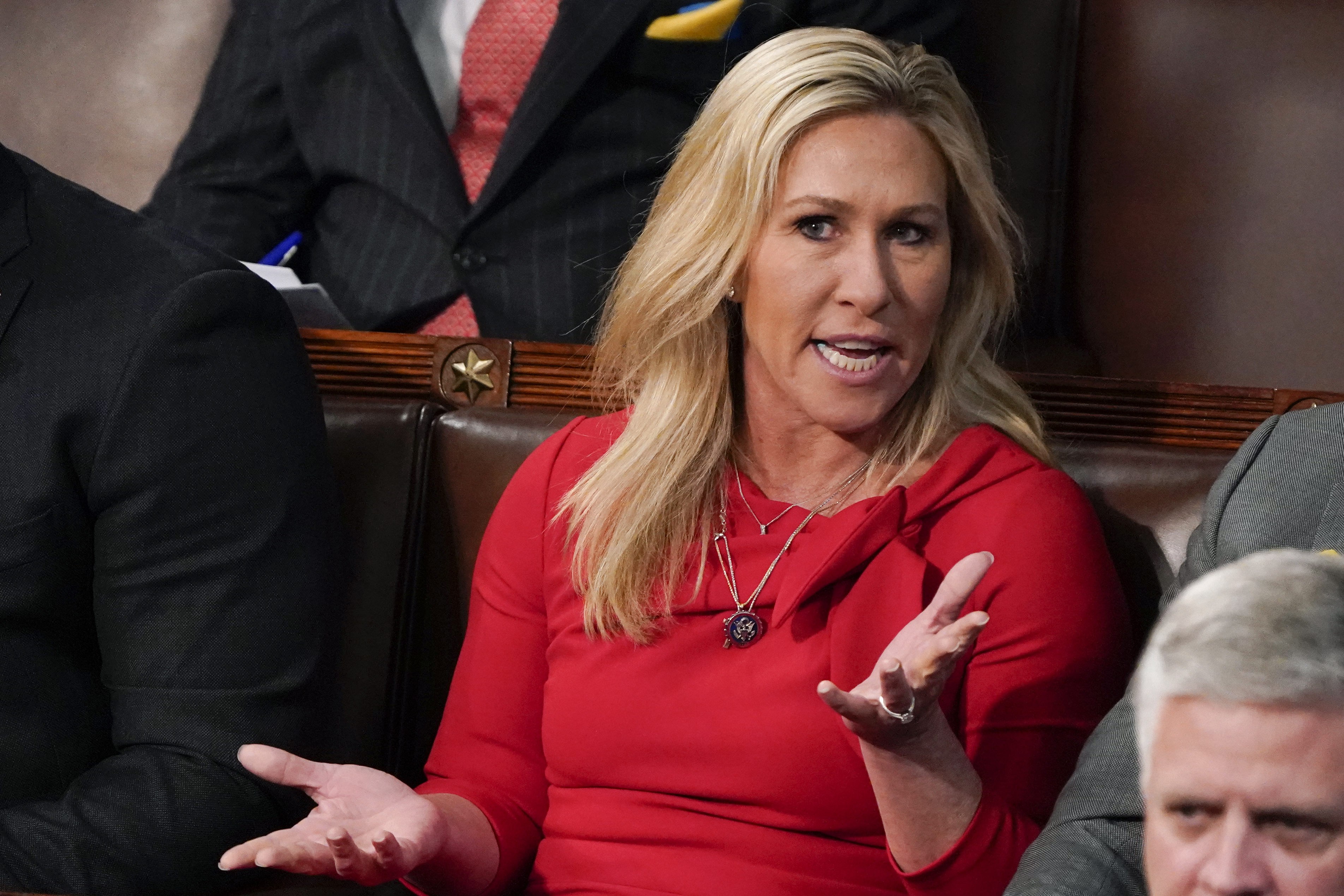The Supplemental Nutrition Assistance Program (SNAP) changes each year to offer Americans higher benefit amounts due to the impact of inflation, but a new law could shake up the way benefits are calculated.
The House Committee on Agriculture is considering a new farm bill that would adjust how recipients get increases to their SNAP benefits, and it is based on an updated version of the Thrifty Food Plan (TFP).
The TFP is the least costly food plan from the U.S. Department of Agriculture, looking at the most practical, nutritious meal made at home for a family of four. Historically, the TFP was updated with a neutralized market adjustment based on current food prices, consumption patterns and dietary guidance.
The last farm bill, which changed the specific rules around it, was passed in 2018, but before that, the TFP had changed only three times—in 1983, 1999 and 2006. Throughout all farm bills, the TFP was "cost-neutral."

In 2021, President Joe Biden switched the rules and adopted a $256 billion increase to SNAP benefits that would take place over the course of 10 years. That allowed SNAP benefits to increase based on whatever amount the government approved for that specific year instead of the market's food price calculation.
However, if the 2024 Farm Bill makes it through, Congress would return SNAP benefit increases to their previous cost-neutral process, based on current food prices and the other metrics that have historically been considered for the payment amounts.
The farm bill could see lower SNAP payments for recipients initially due to the change, but over time, proponents say it would ensure SNAP beneficiaries receive a fair adjustment based on the market and food conditions, instead of it being arbitrarily set by whomever is in power at the time.
"While Democrats and their messaging proxies will continue to turn their backs on families in need, I am going to use this proposal and the Congressional Budget Office's analysis to invest in a suite of priorities that promote access to SNAP, program integrity, financial independence, and health," Pennsylvania Republican Representative Glenn Thompson, chairman of the House Committee on Agriculture, wrote in an op-ed for Agri Pulse.
He said Biden's previous shift in SNAP benefit calculations opens the doors for families to suffer from decreases in food aid over time.
"While there are varied opinions on how to correct—or even erase—this egregious Executive abuse, I want to move forward," Thompson wrote. "We do that by ensuring no administration, Republican or Democrat, has such latitude to indiscriminately expand or decimate the benefit. Because what folks do not understand is that if one side can expand it, it is equally easy for the other side to reduce it."
Kevin Thompson, a finance expert who runs the 9i Capital Group, agreed that Biden's update to the program unilaterally increased the spending for SNAP, which led to a substantial increase in benefits for SNAP recipients. But the Biden-era rules make the exact guidelines around SNAP increases more up to interpretation in the near future.
Alex Beene, a financial literacy instructor at the University of Tennessee at Martin, said the general consensus over how the new Farm Bill would impact SNAP recipients' bottom line is not yet clear amid the partisan debate.
"The issue around SNAP benefits is just how significant the impact will be," Beene told Newsweek. "Opponents say it will not enhance the benefits enough to cover the inflationary costs that are plaguing Americans. Supporters say the effect on benefits will be virtually non-existent."
Any extra support in helping Americans find healthier food options could benefit the government in the long run, Kevin Thompson said, as it will bring down future health care costs.
"I truly believe, providing healthier food options for individuals may save the government over the long term with less stress being placed on our health care system," Kevin Thompson told Newsweek.
"As long as the system will address the inflation issue more often, it will align with the needs of the people. However, the word 'cost-neutral' may be a misnomer given the fact it may be very difficult to maintain a system of neutrality when prices continue to rise."
Uncommon Knowledge
Newsweek is committed to challenging conventional wisdom and finding connections in the search for common ground.
Newsweek is committed to challenging conventional wisdom and finding connections in the search for common ground.
About the writer
Suzanne Blake is a Newsweek reporter based in New York. Her focus is reporting on consumer and social trends, spanning ... Read more
To read how Newsweek uses AI as a newsroom tool, Click here.








